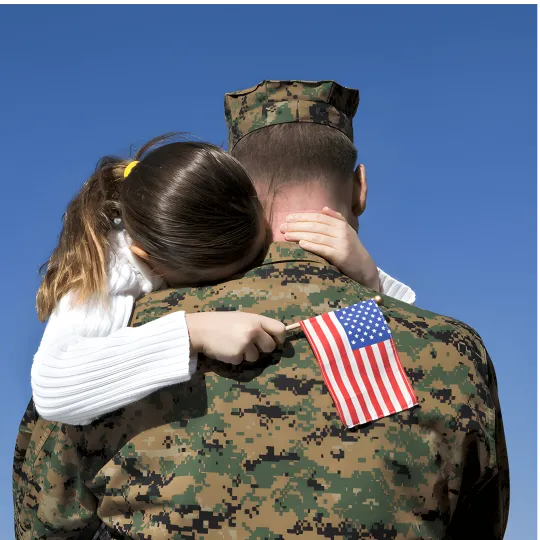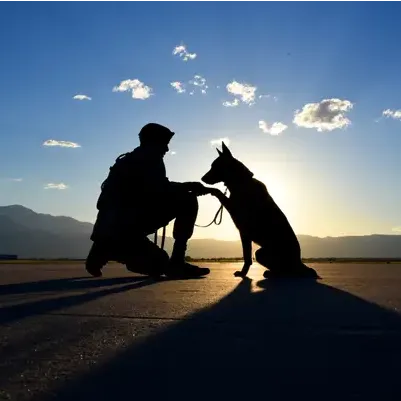Transitioning From Military to Civilian Life:
By:
David Rafus
On
12/09/2024Summary:
Transitioning from military to civilian life can be a significant adjustment for veterans. Developing life skills tailored to this transition can help ease the process and set the foundation for a successful civilian life. Here's a guide to essential life skills for veterans:


















Career Transition
Resume Building: Translate military experience into civilian terms. Highlight skills like leadership, teamwork, and problem-solving.
Networking: Connect with veteran groups, attend job fairs, and use platforms like LinkedIn to build professional relationships.
Interview Skills: Practice common interview questions and learn to articulate your experiences and strengths confidently.
Financial Management
Budgeting: Create a detailed budget to manage your finances effectively. Consider any changes in income and expenses post-service.
Benefits Understanding: Familiarize yourself with veteran benefits, including healthcare, education, and housing assistance.
Investing and Saving: Plan for the future by setting up savings accounts and exploring investment options.

Education and Skill Development
GI Bill Utilization: Take advantage of educational benefits to pursue higher education or vocational training.
Skill Enhancement: Identify skills you’d like to acquire or improve and seek out relevant courses or certifications.
Continuous Learning: Stay open to learning new things, whether through formal education or self-directed study.
Health and Wellness
Physical Fitness: Maintain a regular exercise routine to stay healthy and manage stress.
Mental Health: Seek support if needed. Many organizations offer counseling and support groups for veterans.
Work-Life Balance: Develop a routine that allows time for work, leisure, and family.
Civic Engagement and Community Involvement
Volunteerism: Engage in community service to stay active and connected. It can also provide a sense of purpose.
Veteran Organizations: Join groups that support veterans, providing resources and opportunities to connect with peers.
Advocacy: Get involved in advocacy efforts for veterans' rights and benefits.
Adaptability and Resilience
Embrace Change: Be open to the new experiences and opportunities civilian life offers.
Resilience Building: Develop coping strategies to deal with setbacks and challenges.
Goal Setting: Set achievable goals to give direction and motivation in your new life.
Conclusion
Transitioning to civilian life is a journey that requires patience, adaptability, and the willingness to learn new skills. By focusing on these essential life skills, veterans can navigate this transition more smoothly and build a fulfilling and successful civilian life.
Subscribe form
Navigate Your Next Chapter with Us!
Sign up to receive valuable insights, resources, and support as you transition to civilian life. Our updates are designed to empower veterans with the skills and information needed for a successful adjustment.
